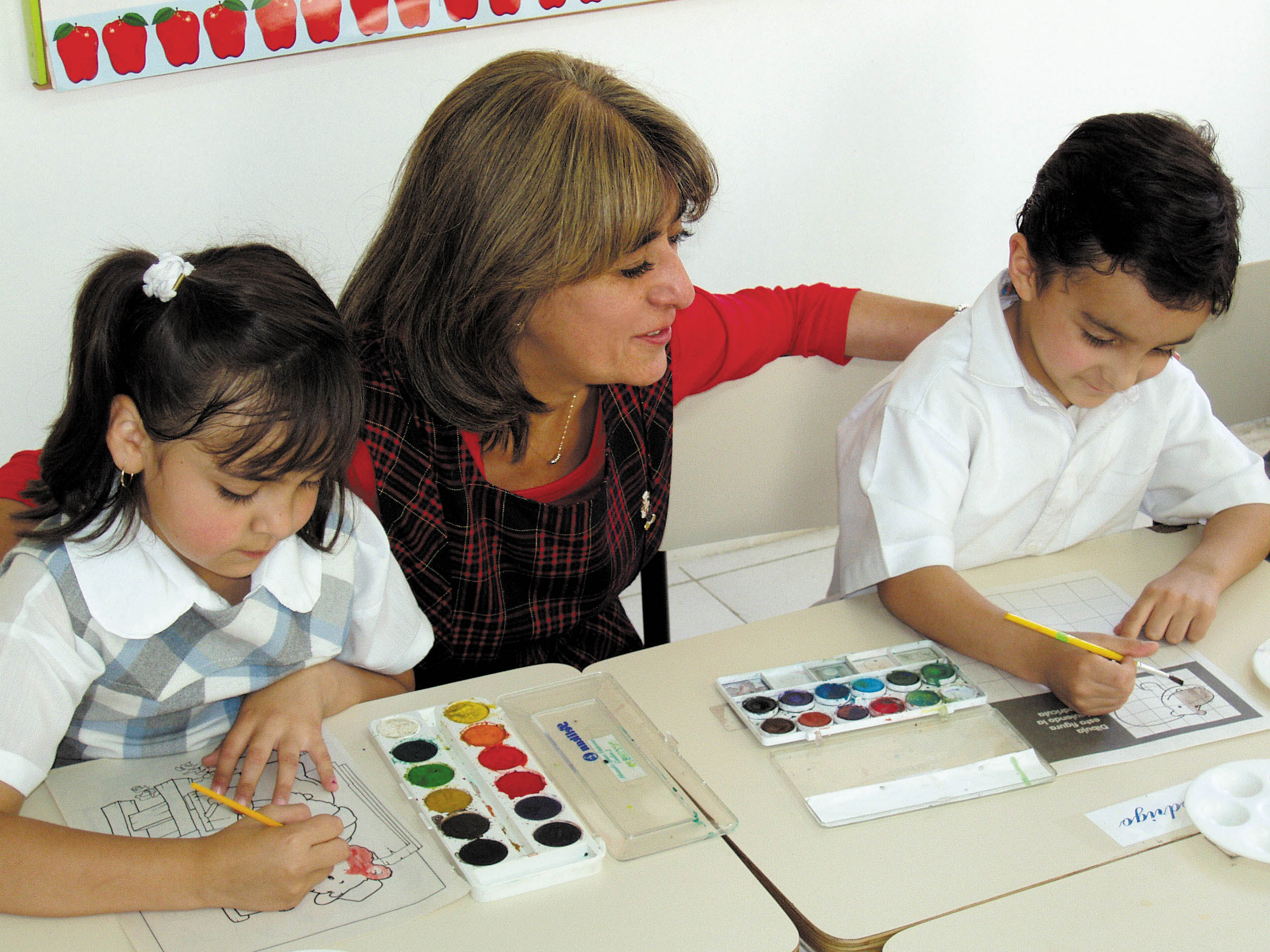Usually, poems about teachers are written by grateful, nice fifth-graders. So what happens when a curmudgeonly thirty-something decides to write one?
Amazing things, apparently.
Taylor Mali’s poem “What Teachers Make” has been my inspiration for long. But I haven’t been able, so far, to look at what it means for language teachers – and how it defines an inspired (and inspiring) foreign language tutor.
Tonight’s the night. This post is sponsored by two angry ex-teachers – Taylor Mali and I. Hang tight.
1. Taylor Mali and the Myth of Nice Teachers
First, the man himself – and his poem (forcefully delivered):
[youtube id=”0xuFnP5N2uA” width=”600″ height=”350″]
The first thing that hits you upon listening to this may be: “well, that wasn’t very nice.” No, indeed not. This may not be the type of person who would find employment in private language schools. The stereotype of a “nice” language teacher pervades modern language schools. Every observed lesson, every successful demonstration, every teacher training video shows you this: smiling, attentive and infallibly polite folks teaching you languages.
This is awesome, recommended and – all in all – “nice work if you can get it.” But in the unspoken hierarchy of students’ needs, “nice” would probably come second.
“Fair” is first.
If you don’t believe me, go and teach a class of seven-year-olds. They will tolerate you if you’re being nice – but not if you’re being unfair. And they will let you know when things are not OK.
What are other things Mali inspired me to do?
2. “…work harder than they ever thought they could.”
My success story involves two weeks of English study with a freshly-promoted CEO. It also involves huge quantities of Red Bull, and hand puppets of Ernie and Bert.
To cut it short (and outrun cries for explanation): it’s incredibly hard to arrive at a correct estimate of one’s own ability. And it is the teacher’s job to do away with our over- and underestimations.
This, again, is not always nice. You may feel that you’re not ready for that exercise, or that a certain role-play is too hard for you. A good teacher, however, will not aim for “just right” activities: the level will always be challenging enough for you to progress.
3. “for who they are and what they can be.”
It’s awfully easy to teach a bad language lesson. All a teacher has to do is walk in, conduct every single activity according to plan and time limit, and walk out.
The awesome (and difficult) work begins when you add learners into the equation. They are the ones who need help, seek recognition, overcome problems, ask for clarification. They work, think, speak and listen in different, peculiar ways.
It’s awfully hard to teach a good language lesson. What a teacher has to do is walk in and make the subject matter and material accessible to every single learner. She has to adapt, revise, flex and elicit the subject matter. She needs to know who needs a push, who is best left alone at times, and who can be trusted to help others out.
That’s why I’m sometimes freaked out by amazing teachers: they seem to know exactly what, when and how their students will say, do and think.
4. “I make them question. I make them criticise.”
OK, this will be a tricky one. Here’s an example. As I was preparing a library of internet-based lessons for my teaching staff, I noticed that one of such online worksheet collections asks students to improve their language by exploring several corporate websites.
Nothing wrong with that, sure. And yet, if every other lesson was based on a corporate message (and it’s hard to ignore them in modern-day language textbooks), whose job would it be to make sure objectivity and balance is restored?
This is especially important in learning foreign languages. A good tutor will carefully, but thoroughly dismantle your stereotypes and misconceptions. He will enable you to learn foreign culture through the language you discover. He will ensure you remain curious and open-minded, but he will also prevent you from becoming an ultra-optimistic consumer of all things related to the language.
Good English teacher may teach you English. An awesome English teacher will allow you a sneak peek behind the stage, and explain how English influences global culture.
A good Chinese tutor will go through the tones and alphabet carefully and slowly. And awesome Chinese tutor would, equally slowly and carefully, introduce you to this country’s complicated history and culture.
Languages are powerful tools. Great teachers make sure you use them skilfully.
Hey, language learners and teachers! Any inspiring thoughts on Mali’s poem? How about your ideas for good teachers? Share them in the comments below!
Wiktor (Vic) Kostrzewski (MA, DELTA) is an author, translator, editor and project manage based in London. When he works, he thinks about languages, education, books, EdTech and teachers. When he doesn’t work, he probably trains for his next triathlon or drinks his next coffee.
BRAVE Learning (formerly known as 16 Kinds) is a lifelong learning and productivity blog. If you enjoy these posts, please check out one of my books and courses.
My recent publications, and my archive, is now all available on my new project: PUNK LEARNING. Hope to see you there!
 Imagine spending a lifetime doing one thing, and enjoying it. Creepy? With learning a foreign language, this can actually happen. Here are four things to consider if you’re planning to learn foreign languages for a long time.
Imagine spending a lifetime doing one thing, and enjoying it. Creepy? With learning a foreign language, this can actually happen. Here are four things to consider if you’re planning to learn foreign languages for a long time. 



